EUROPE AND THE CIS
UNDP’s work in Europe and the Commonwealth of Independent States (CIS) spans 21 countries and territories across the Western Balkans, Caucasus, Western CIS, Central Asia and Turkey.
In the past 25 years, many millions of people have come to enjoy higher levels of health, education, and income as their countries transitioned from state socialism, with some joining the European Union or becoming international-aid donors. Since 2001, for instance, the middle class is estimated to have tripled in size.
But with low commodity prices, shrinking remittances, and slow economic growth in Europe and the Russian Federation and much of the rest of the region, income and employment-generation opportunities are disappearing. People without decent jobs face high risks of poverty and exclusion, with women, young workers, people living with HIV, and people with disabilities particularly prone to living on the margins of society.
The region also faces a number of risks. Many of these are associated with protracted and geopolitical conflicts in the Black Sea and Caspian Sea basins, as well as massive refugee flows.
While the region is not a significant producer of greenhouse gas emissions, its less wealthy countries have been disproportionately affected by the consequences of climate change, such as extreme weather events and increased pressure on water resources. These tensions and challenges are making it difficult for some countries to move forward with their development agendas.
The region’s well-educated labour force, relatively high levels of gender equality, and youthful populations of its southern and eastern countries hold the key to peace and creating modern and dynamic economies. Its vast renewable natural resources can also help promote more sustainable growth models.
UNDP works with its partners to help the region fulfil the Sustainable Development Goals, aiming to bolster human security and resilience; empower people through better governance and human rights; and promote more sustainable growth models.
COUNTRY SNAPSHOTS
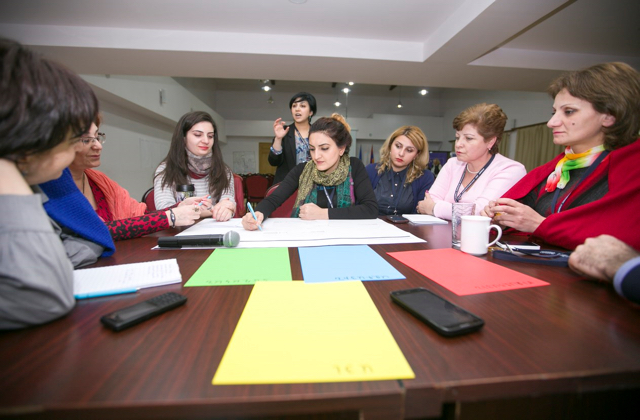 Armenia
UNDP
Armenia
UNDP
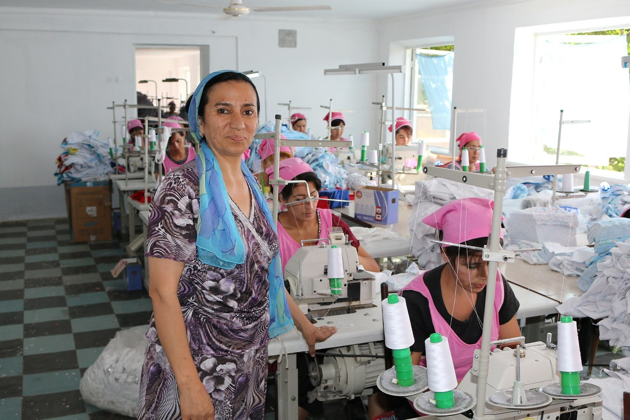 Uzbekistan
UNDP
Uzbekistan
UNDP
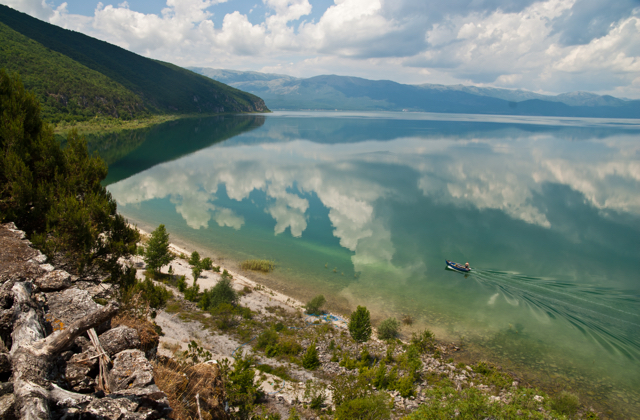 FYR Macedonia
UNDP
FYR Macedonia
UNDP
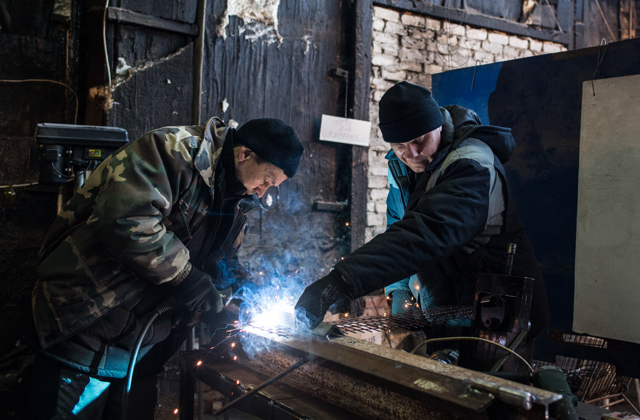 Ukraine
UNDP
Ukraine
UNDP
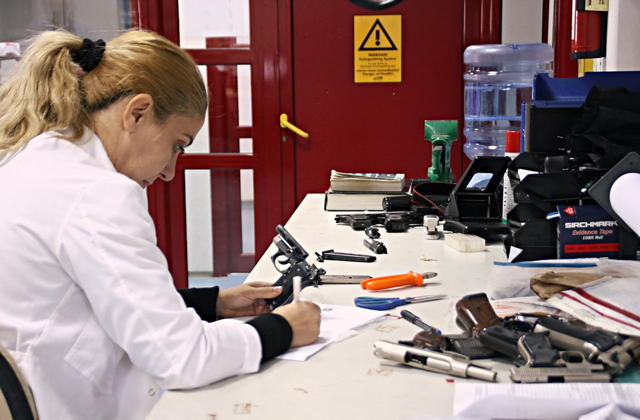 Kosovo
UNDP
Kosovo
UNDP

